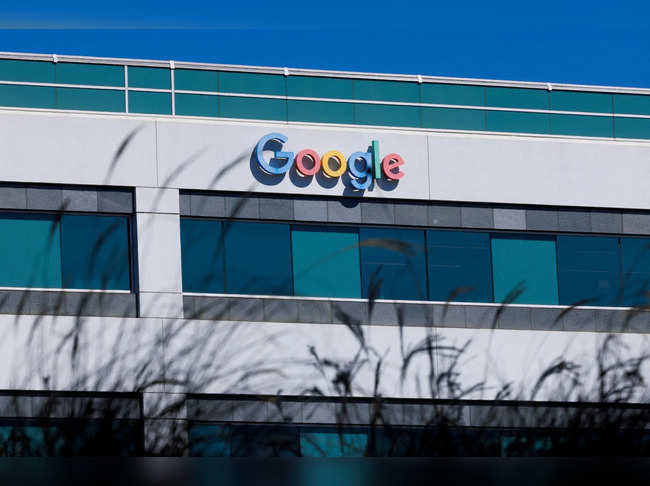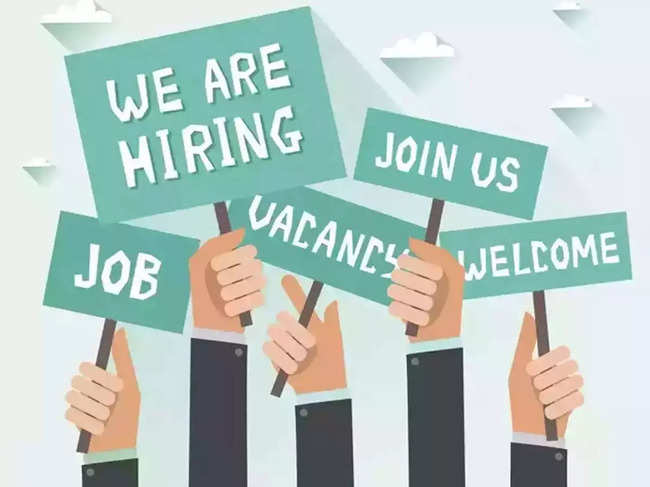AI 'Godfather' Geoffrey Hinton Wins Nobel Prize, Warns of AI’s Future Dangers
Welcome to this week’s edition of our ACM VVIT tech blog! As we navigate through the ever-evolving landscape of technology and innovation, the recent announcement of the 2024 Nobel Prize winners has captivated our attention. This year’s laureates have made groundbreaking strides in various fields, from artificial intelligence to the intricacies of gene regulation. Their remarkable contributions not only highlight the importance of scientific research but also inspire us as we explore the possibilities that lie ahead. Let’s dive into the highlights of this year's winners and their revolutionary work!
TOP TECHNEWS
1.Star Health Receives $68,000 Ransom Demand Following Data Leak
)
Star Health, India's largest health insurer, faces a crisis after a cyberhacker leaked sensitive customer data, including medical records and tax details. The hacker, operating via Telegram and a website, has demanded a ransom of $68,000. The insurer’s shares have plummeted by 11% since the leak became public, and it is now under scrutiny from Indian stock exchanges. Star Health has launched internal investigations and legal action against Telegram for not banning the hacker’s account, dubbed "xenZen." Despite multiple requests, Telegram has declined to share account details, further complicating efforts to stop the hacker. The company is collaborating with Indian cyber security authorities to identify the individual responsible. Meanwhile, speculation has emerged about the potential involvement of Star's chief security officer, though no wrongdoing has been found so far.
2.Google Fights Judge's Order to Open Play Store to Competition

Google is appealing a court order requiring it to allow more competition in its Play Store. The order, issued by U.S. District Judge James Donato, mandates that Google permit third-party app stores on Android devices and allow other in-app payment methods. The ruling stems from a lawsuit by Epic Games, the creator of Fortnite, which accused Google of monopolistic practices. The injunction will take effect on November 1, unless Google’s appeal succeeds. Google argues that the order could harm the Android ecosystem by introducing security, safety, and privacy risks. If Judge Donato rejects the appeal, Google will take its case to the Ninth Circuit Court of Appeals, where the future of the Play Store's business model will be decided.
3. AI 'Godfather' Geoffrey Hinton Wins Nobel Prize in Physics, Warns About AI Dangers

Geoffrey Hinton, known as the "Godfather of AI," has won the Nobel Prize in Physics for his pioneering work on artificial neural networks. Hinton shares the award with John J. Hopfield, an American physicist, for their contributions to the development of modern AI technologies. Hinton's research in the 1970s and 1980s, especially his work on backpropagation algorithms, laid the foundation for advancements in machine learning. Despite receiving the prestigious award, Hinton used the opportunity to voice his concerns about the potential dangers of AI. He warned that AI could surpass human intelligence, raising ethical and control issues. While AI promises benefits, such as revolutionizing healthcare, Hinton stressed the need for increased safety research to avoid disastrous consequences.
4.India's IT Sector Sees 20-25% Surge in Campus Hiring Amid AI and Cybersecurity Boom

India’s IT sector is experiencing a significant increase in campus hiring, with recruitment expected to rise by 20-25% in the current fiscal year. This marks a recovery after last year's slowdown caused by global economic uncertainties. Companies like Tata Consultancy Services (TCS), Infosys, Wipro, and HCLTech are leading the hiring wave, fueled by the growing demand for skills in AI, cybersecurity, cloud computing, and data analytics. TCS plans to hire up to 40,000 freshers, while Infosys is targeting 20,000 campus recruits. This shift reflects a focus on fresh talent to drive digital transformation initiatives. Despite this surge, overall hiring levels are expected to remain below pandemic-era peaks as companies continue optimizing workforces through automation and other efficiencies.
5.Google Faces Uncertain Future as Antitrust Cases Threaten Breakup
:format(webp)/cdn.vox-cdn.com/uploads/chorus_asset/file/25670838/VRG_VST_101124_Site.jpg)
As legal battles continue, Google faces the possibility of a breakup as antitrust cases mount. The U.S. government has been pushing to force Google to separate its Chrome browser and Android operating system from the rest of the company, alongside other measures targeting the Play Store. Google has faced multiple legal challenges, with the Play Store recently ordered to open up to more competition. While the company is appealing the ruling, the antitrust crusade shows no signs of slowing down. Experts believe that, while Google won’t disappear overnight, its current form could drastically change, as regulators and governments intensify efforts to rein in the tech giant's market dominance across various platforms.
Pioneers of Progress: The 2024 Nobel Laureates

Nobel Prize 2024: Pioneers of Change and Innovation
This year's Nobel Prizes once again remind us of the incredible power of human intellect and perseverance. From foundational advances in artificial intelligence to profound discoveries in medicine and chemistry, the 2024 Nobel laureates have transformed the way we see the world. Here's a closer look at the winners and the groundbreaking work that earned them the most prestigious recognition in their fields.
The Nobel Prize in Physics 2024: Machine Learning with Neural Networks
This year’s Physics laureates, John Hopfield and Geoffrey Hinton, have laid the very foundation of modern machine learning. Using principles from physics, they helped create methods that power today's neural networks, enabling machines to identify patterns in vast datasets. Hopfield’s work allowed machines to store and retrieve information in an efficient manner, while Hinton’s methods are now central to the artificial neural networks behind groundbreaking AI technologies like ChatGPT and autonomous systems. Their discoveries continue to shape the future of AI.
The Nobel Prize in Chemistry 2024: Cracking the Protein Code
Proteins are the building blocks of life, but understanding their complex structures was a monumental challenge—until now. David Baker, Demis Hassabis, and John Jumper have revolutionized our ability to predict protein structures. Baker’s work focuses on designing new proteins with novel functions, while Hassabis and Jumper created a cutting-edge AI model to solve protein structure prediction—a problem that had stumped scientists for decades. Their work has massive implications for drug discovery, disease treatment, and the broader understanding of biology.
The Nobel Prize in Physiology or Medicine 2024: Uncovering the Power of microRNAs
In the realm of gene regulation, small molecules can have big effects. Victor Ambros and Gary Ruvkun discovered microRNAs—tiny strands of RNA that control how genes are expressed. This discovery opened up entirely new avenues for understanding how complex organisms develop and function. Their work holds vast potential in fields ranging from developmental biology to the treatment of diseases like cancer, where gene regulation is often disrupted.
The Nobel Prize in Literature 2024: The Poetic Prose of Han Kang
South Korean author Han Kang was awarded the Nobel Prize in Literature for her emotionally resonant and experimental prose. Her works, including The Vegetarian and Human Acts, confront historical traumas while exploring the fragile nature of human existence. Han’s writing challenges readers to engage deeply with themes of memory, pain, and survival, making her one of the most powerful voices in contemporary literature.
The Nobel Peace Prize 2024: Nihon Hidankyo's Fight Against Nuclear Weapons
As the world grapples with nuclear threats, the 2024 Nobel Peace Prize was awarded to Nihon Hidankyo, an organization advocating for a nuclear-free world. Through the testimony of hibakusha (survivors of the atomic bombings), they have consistently demonstrated the horrific consequences of nuclear warfare. Their relentless efforts have shaped global conversations about nuclear disarmament and the urgent need to prevent such devastation from occurring again.
As we wrap up this week’s tech blog, the achievements of the 2024 Nobel Prize winners serve as a powerful reminder of the impact that relentless curiosity and innovation can have on our world. Their pioneering work encourages us to think critically about the role of technology in society and to aspire to create meaningful solutions to the challenges we face. As members of the ACM VVIT community, let’s continue to foster a culture of learning and exploration, drawing inspiration from these remarkable individuals as we embark on our own journeys in the tech field. Stay tuned for more updates and discussions in our upcoming editions!
